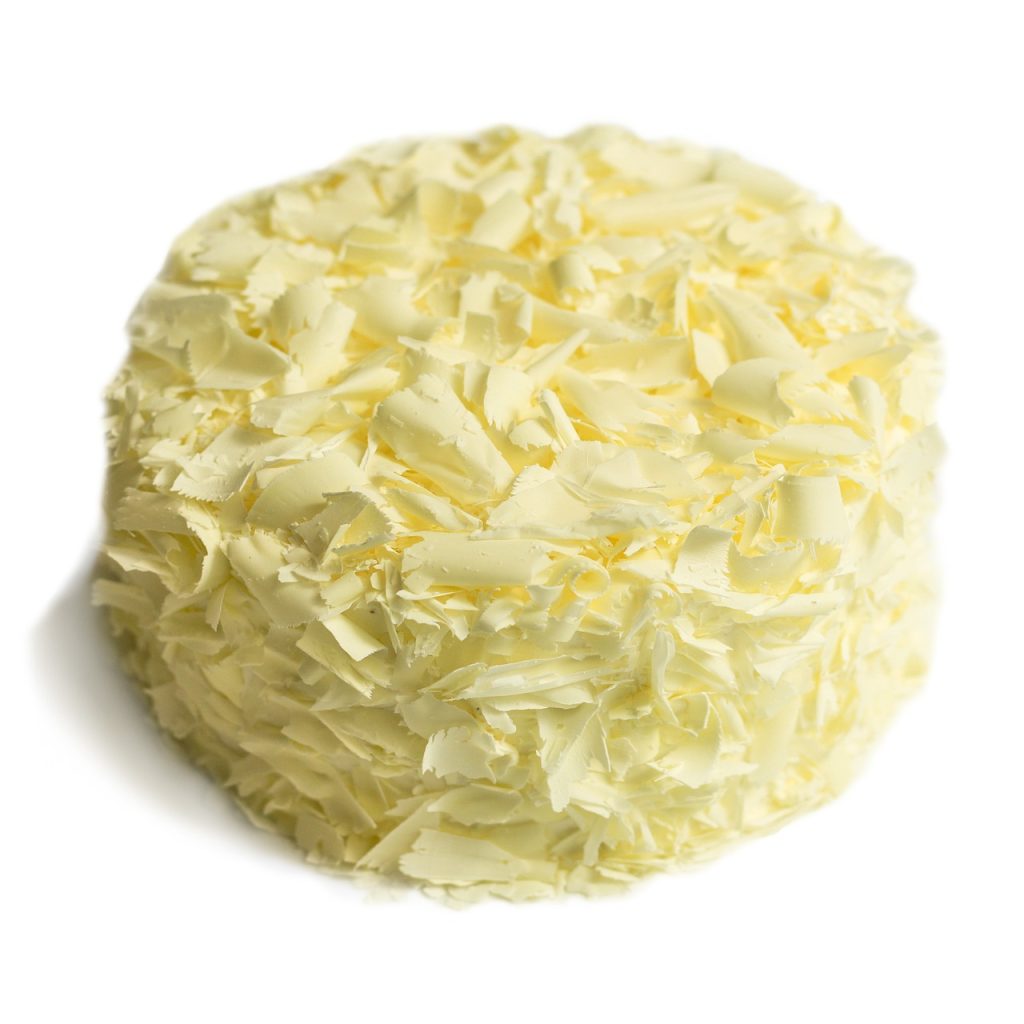Imagine a world without plants—no oxygen, no food, no vibrant green landscapes. Seems impossible, right? Plants are the unsung heroes of life on Earth, playing a pivotal role in human survival and well-being. From purifying the air to nourishing our bodies, plants are vital in ways we often overlook.
But their benefits go far beyond the basics. They improve our mental health, enhance our homes, and even boost economic growth. Let’s dive deeper into how plants positively impact our lives and why they deserve our care and attention.
The Air We Breathe
Plants as Oxygen Producers
Every breath we take owes its existence to plants. Through photosynthesis, plants release oxygen—a gas indispensable for human survival. They absorb carbon dioxide and produce the oxygen-rich air we need. Forests, in particular, are considered the lungs of our planet.
Filtering Harmful Pollutants
Plants are natural air purifiers. They absorb toxins like formaldehyde and benzene, improving indoor air quality. NASA studies reveal that houseplants like snake plants and peace lilies are excellent at cleaning indoor spaces, making our homes and offices healthier environments.
Health Benefits of Being Around Plants
Reducing Stress and Anxiety
Ever felt calmer in a garden or a forest? That’s no coincidence. Being around plants lowers cortisol levels, the stress hormone, and induces relaxation. Green spaces in urban areas provide a sanctuary for overworked minds.
Explore innovative ways to incorporate plants into your life, such as sustainable agriculture or even weed delivery in Bangkok, where plants serve both recreational and medicinal purposes.
Improving Mental Clarity and Focus
Studies show that plants in workplaces or study areas can boost concentration and productivity. It’s why indoor plants are becoming staples in offices and schools.
The Science Behind Plants and Mental Health
Plants interact with our brain chemistry. Phytoncides, natural oils released by trees, improve immune function and reduce stress. Spending time in nature, often called “forest bathing,” has become a scientifically backed way to improve mental health.
Plants in Nutrition
A Source of Vital Nutrients
Plants are at the core of human nutrition. From fruits and vegetables to grains and nuts, they provide essential vitamins, minerals, and fiber. A diet rich in plant-based foods is linked to better health outcomes, including reduced risks of chronic diseases.
Herbal Remedies and Natural Medicine
Herbs like turmeric, ginger, and basil have been used for centuries in traditional medicine. Today, they are recognized for their anti-inflammatory and antioxidant properties, bridging the gap between nature and modern science.
Plants and Sustainable Living
Role in Carbon Sequestration
Plants absorb carbon dioxide, a major greenhouse gas, mitigating climate change. Forests, grasslands, and mangroves act as carbon sinks, storing millions of tons of carbon annually.
Contribution to Renewable Energy
Plants like sugarcane and corn are used to produce biofuels, a cleaner energy alternative. This reduces our dependency on fossil fuels and promotes a sustainable future.
Plants as Natural Healers
Aromatherapy and Essential Oils
Lavender, eucalyptus, and peppermint oils, derived from plants, are widely used in aromatherapy. These oils promote relaxation, relieve pain, and enhance sleep quality.
Medicinal Plants in Modern Medicine
Many life-saving drugs originate from plants. For example, aspirin is derived from willow bark, and cancer treatments often use compounds found in nature. The medicinal potential of plants continues to fuel pharmaceutical research.
Aesthetic and Emotional Benefits
Home Décor with Houseplants
Houseplants don’t just beautify interiors—they also uplift your mood. Studies suggest that simply seeing greenery can reduce feelings of loneliness and promote happiness.
Boosting Happiness and Connection
Caring for plants fosters a sense of responsibility and connection. It’s no wonder gardening is often considered therapeutic, helping people combat anxiety and depression.
Plants in Economic Development
Jobs and Industries Supported by Plants
The agriculture, forestry, and floriculture industries create millions of jobs worldwide. Plants also support emerging industries like herbal supplements and plant-based foods.
Plants in Tourism and Wellness
Botanical gardens, eco-tourism, and wellness retreats centered around plants attract millions of visitors annually, boosting local economies and encouraging sustainable practices.
Conclusion
Plants are more than just greenery—they are lifelines. They provide oxygen, food, medicine, and emotional support while protecting the environment. Our relationship with plants is symbiotic; as we nurture them, they nurture us in countless ways. Let’s continue to embrace and care for the plants around us, ensuring a greener, healthier future.
James Martin is a passionate writer and the founder of OnTimeMagazines & EastLifePro. He loves to write principally about technology trends. He loves to share his opinion on what’s happening in tech around the world.



